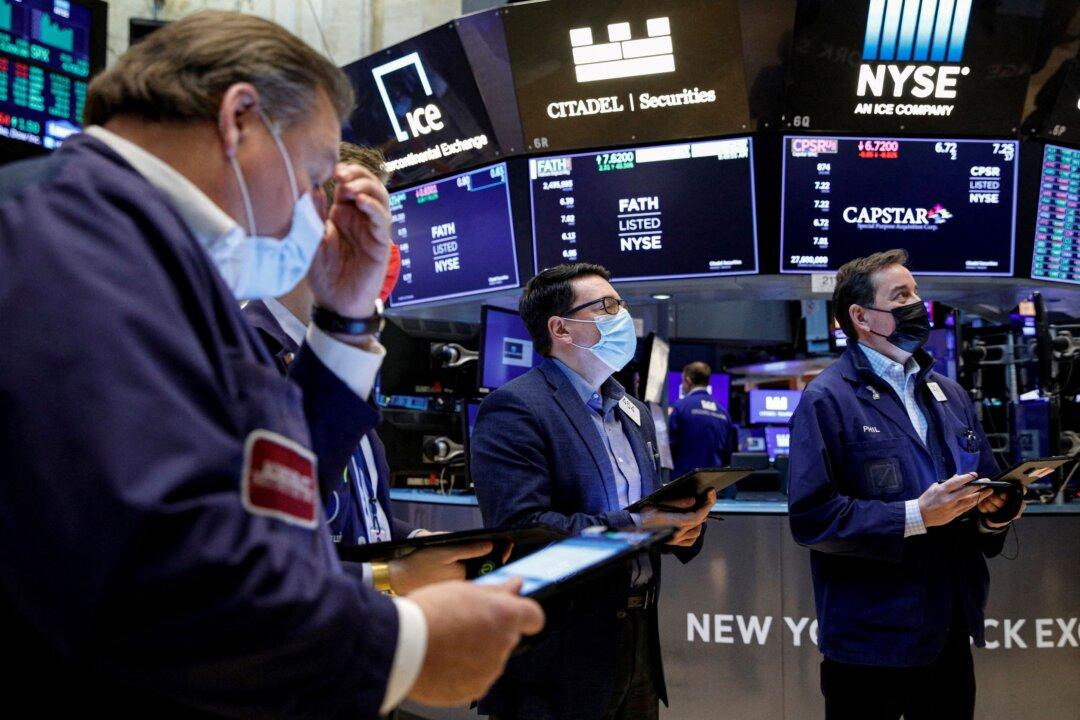A growing number of Wall Street firms and strategists are turning bearish on the financial markets amid the sharp selloff in stocks.
For the stock market bears who anticipated a correction, they’re claiming victory after the leading benchmark indexes have plummeted over the last week.





